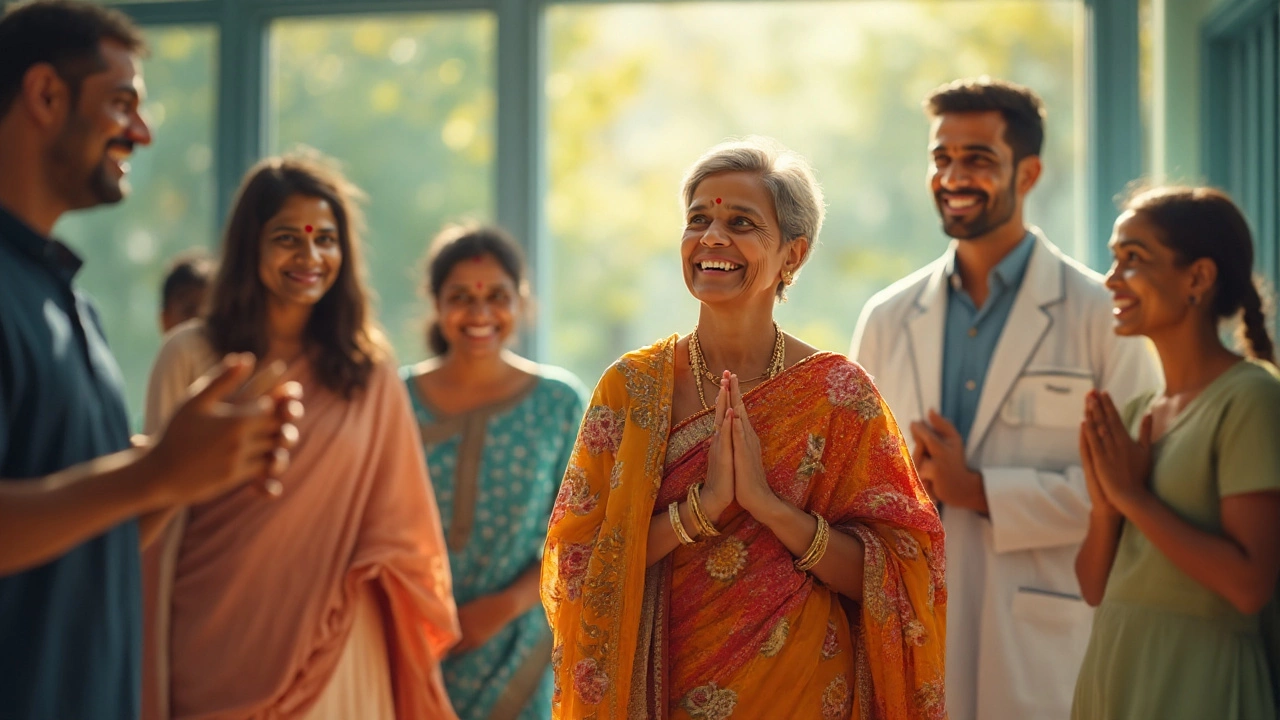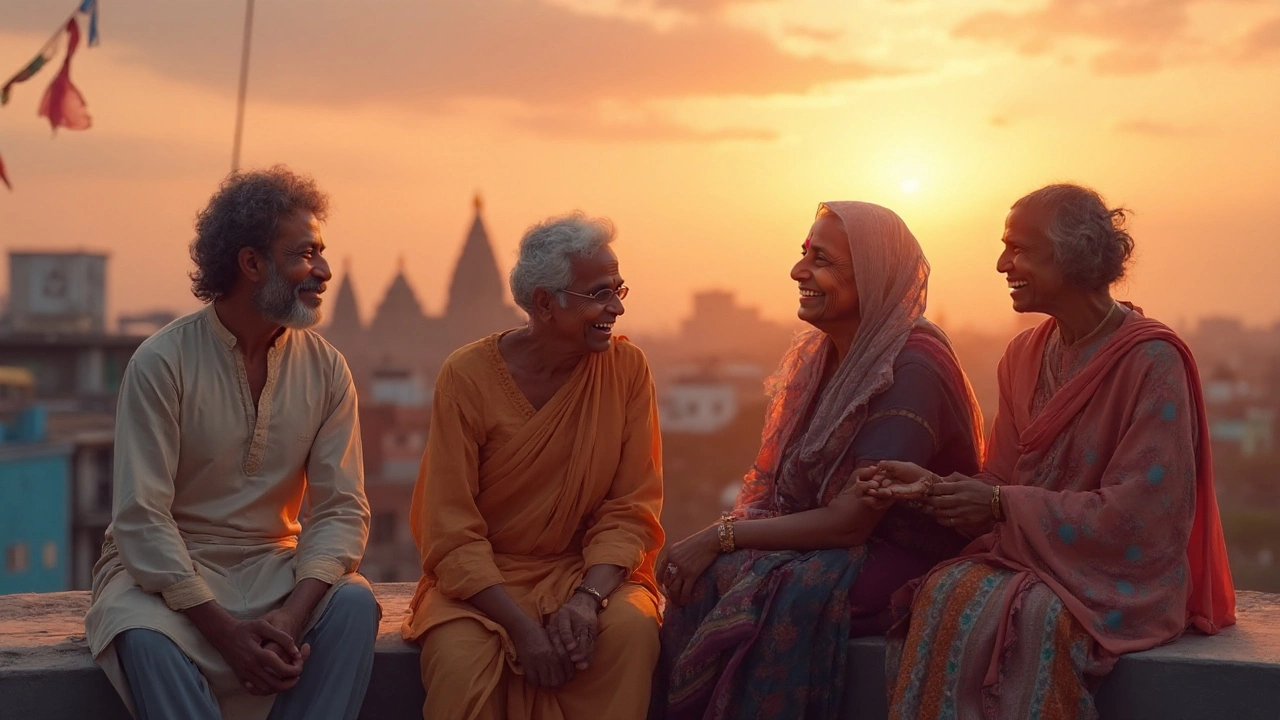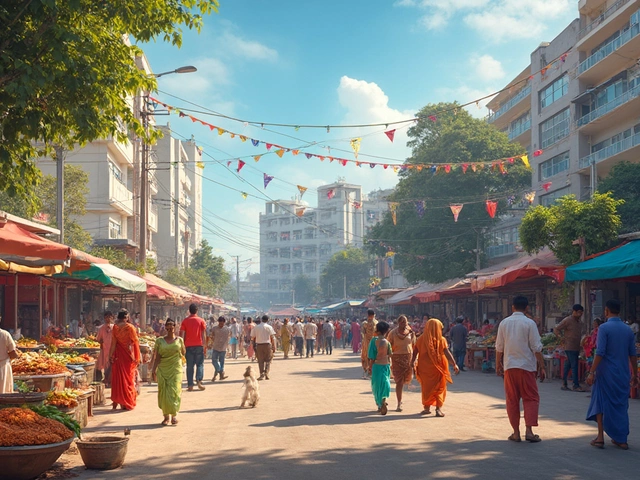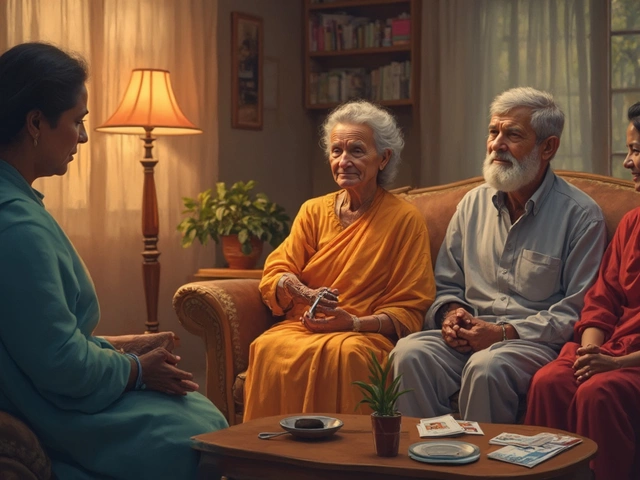
Imagine a doctor looking you straight in the eye and telling you stage 4 cancer has invaded your body. That’s as grim as the news gets. Most people think this diagnosis is a death sentence—a ticking clock nobody can outrun. But that’s not the full story. In hospital corridors and homes everywhere, some people stare this monster down and—shockingly—come out on the other side. The question everyone asks is simple: has anyone actually survived stage 4 cancer? The answer—backed by real science, numbers, and survivor tales—might surprise you.
What Does "Stage 4 Cancer" Really Mean?
'Stage 4' isn’t a label pulled out to scare people. It’s the doctor’s way of saying the cancer isn’t just at its starting point anymore. The cells have spread, by blood or lymph nodes, often into far-off organs like the lungs, liver, brain, or bones. Medical language calls this "metastasis." But here’s the kicker: not all stage 4s are equal. For example, stage 4 breast cancer isn’t the same beast as stage 4 testicular cancer. Age, genetics, even the cancer’s quirks on a molecular level, all pile into the odds.
People often think stage 4 equals 'no chance,' but that’s too simplistic. According to Cancer Research UK, some stage 4 cancers, like testicular, have survival rates up to 80% if treated aggressively. Compare that to stage 4 pancreatic cancer—which, truth be told, still has a dismal statistical survival, sometimes dipping below 3%. But numbers aren’t lives. The point is: odds don’t tell you what will actually happen to you. Only you, combined with smart doctors, can fight the fight with whatever tools are at hand.
Here’s some actual data for clarity:
| Cancer Type | 5-Year Survival Rate (Stage 4) |
|---|---|
| Breast | 29% |
| Prostate | 32% |
| Colon | 13% |
| Melanoma (skin) | 31% |
| Lung | 8% |
| Pancreatic | 3% |
| Testicular | 80% |
So yes—there are people who see their kids grow up, who book flights, who run marathons even after hearing 'stage 4.' I’ve met more than one dad at the school gates in Birmingham who will tell you straight: the label was scary, but not final. Each type needs to be viewed on its own terms—the details matter so much.

Stories of Stage 4 Cancer Survivors
Let’s put some faces to these numbers. There’s Anita Moorjani, for one. Her story stuns just about anyone who reads it. She was, frankly, hours from dying of stage 4 lymphoma, her organs failing, nothing more to do but wait. She not only lived—she bounced back in record time after being released from intensive care, and she’s spent years telling her story around the world. She’s not alone either. In rugby-mad Wales, a man named Steve Evans was given months to live with stage 4 bowel cancer. He tried chemo, laced it with hope, and found his tumor had shrunk enough for surgery. He’s now coaching kids’ football and gardening—years after his diagnosis.
It isn’t magic, or miracle cures on late-night TV. Survivors usually have access to top-notch medical teams that combine standard treatments—like chemotherapy, immunotherapy, surgery, and targeted therapies—with relentless persistence. New drugs like pembrolizumab (Keytruda) are helping some people live longer even with advanced melanoma or lung cancer. So are clinical trials, where patients test out tomorrow’s therapies, sometimes with extraordinary results. In fact, certain immunotherapies can push some late-stage leukaemia patients into remission for years—something unimaginable just ten years ago.
Now, some people get lucky with their biology. Their immune system recognizes and attacks cancer. Others respond freakishly well to specific medicines that won’t work for everyone. Genetic mutations, like the ‘BRCA’ genes often heard about in breast cancer, can sometimes be targeted, making treatments more effective. But even if you don’t roll a genetic ‘win,’ persistence counts. There are cases where, after years of fighting and the right combo of treatments, scans come back clear. And 'remission' doesn’t always mean 'gone forever,' but for many, it means life goes on.
Stage 4 cancer survival stories don’t all end in fairy tales—but the lesson is: never treat your future as set in stone. Support systems like counseling, family, faith communities, and online networks (think Macmillan Support Forums or Cancer Survivors Network), let folks vent, share the bad days, and, more importantly, swap tips on what got them through. My mate’s aunt in Solihull didn’t just survive; she started a fundraiser for others, fueled by a belief that sharing the struggle beats pretending it’s not happening.
- Keep a journal: Not for posterity, just to vent, process, and track how you are actually feeling through treatment. Survivors often credit this for keeping them sane.
- Grab professional help: A clinical nurse specialist, therapist, or palliative care doctor isn’t just for end-of-life—use every tool in the box.
- Eat smart: Some folks swear by specific diets (plant-heavy, low sugar), and while none are miracles, keeping strong matters when fighting cancer.
- Stay moving: Even a slow walk helps keep the body strong and the spirit up. Leicester University has a project where just walking 10 minutes a day improved outcomes for patients in treatment.
- Ask about genetic testing: Treatments now can be paired to your individual cancer’s DNA—sometimes bringing surprise options if classic chemo stops working.

What Makes Survival Possible? Treatment, Innovation, and Realistic Hope
The world of cancer treatment isn’t what it was even two decades ago. My kids Vihaan and Avni will grow up in a world where stage 4 might not mean what it meant to our grandparents. Treatments today are laser-focused. There’s surgery, followed by targeted drugs that attack cancer’s weaknesses but leave most healthy cells alone. Immunotherapy—basically teaching your body to recognize and kill the cancer cells—is the superstar technology for many advanced cancers. In some cases, like with certain types of lung cancer, survival rates have doubled in just five years because of it.
Clinical trials are another big lifeline. Think of them as test drives for the most cutting-edge treatments. The NHS website now has an up-to-date portal for eligible patients to enroll, sometimes boosting survival and—if nothing else—offering hope when there weren’t options left. Your GP or oncologist can get the ball rolling. New research from the University of Birmingham now tracks “real-life” outcomes, not just averages—meaning you absolutely can be that outlier whose story changes the stats.
Doctors stress the power of combination. Taking one shot at cancer with chemo? It might not be enough. But add new drug therapies, invest in your mental health, stick to follow-up scans, and the odds shift. Weight, blood pressure, and even emotional outlook alter outcomes. Data from Manchester’s Christie Hospital shows that patients attending support groups fared better—sometimes not because of new pills, but because hope is a weapon too. There’s actual science: people fighting with better support stay healthier, more likely to beat infections or stick out tough treatments.
Speaking of hope, it’s not just fluffy language. Having a plan, day by day, can mean the difference between feeling flattened and fighting back. Here are a few solid tips from survivors and their families:
- Don’t wait for a cure: Focus on today’s best, not tomorrow’s maybe.
- Push for second opinions: Especially at big cancer centers.
- Stay on top of appointments: Missing scans or med doses can set you back more than you think.
- Lean on others: Even if you were the one holding everyone else up before.
- Track research: Some survivors follow social media groups or UK charities closely, jumping on trials or therapies newly available.
So—has anyone survived stage 4 cancer? Yes, absolutely. People do, and they’re living proof that a devastating diagnosis doesn’t have to steal every hope away. Not everyone wins the lottery, and not every case will end in stories for the papers. But for the people living it—making ordinary moments out of what looked like the end—the facts say it’s not impossible. The right mix of medicine, mind, and support might not guarantee a miracle, but it tips the scales more than many think. And that, to me, is a reason not just to fight—but to believe it’s worth every round.





Rohan Talvani
I am a manufacturing expert with over 15 years of experience in streamlining production processes and enhancing operational efficiency. My work often takes me into the technical nitty-gritty of production, but I have a keen interest in writing about medicine in India—an intersection of tradition and modern practices that captivates me. I strive to incorporate innovative approaches in everything I do, whether in my professional role or as an author. My passion for writing about health topics stems from a strong belief in knowledge sharing and its potential to bring about positive changes.
view all postsWrite a comment